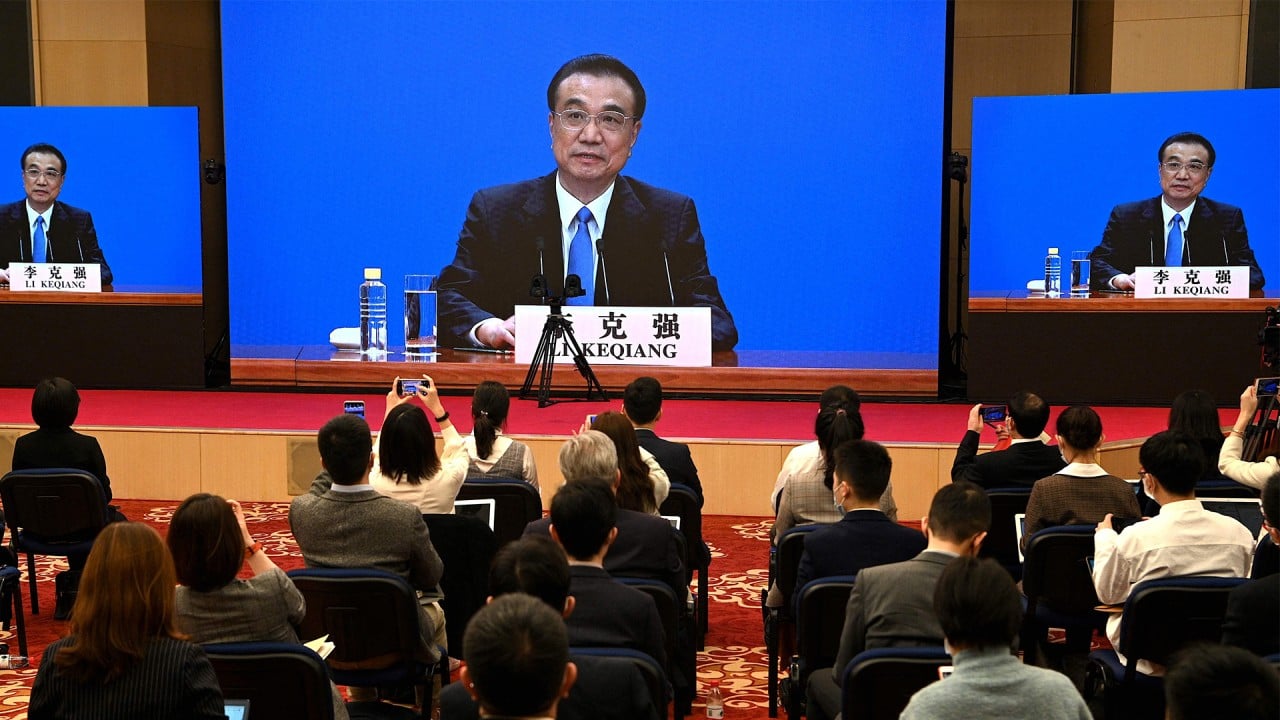
China stocks downgraded by BCA Research on ‘non-trivial’ risk of policy overtightening
- Stocks lowered to underweight relative to global benchmarks within an equity portfolio on tactical and cyclical positions, after January’s cut to neutral
- ‘A tug of war between policy tightening and growth support is likely to persist throughout this year’: BCA analysts
The firm cut its tactical (zero to three months) and cyclical (six to 12 months) positions to underweight relative to global benchmarks in a report. The move follows after a cut in recommendation to neutral on January 13, citing valuations and policy miscalculation risks amid tighter industry regulations.
“The downside risks to China’s cyclical growth trajectory are non-trivial”, potentially threatening the economy and corporate profits, analysts led by Jing Sima wrote in a March 17 report to clients. “A tug of war between policy tightening and growth support is likely to persist throughout this year.”
The China Index had 698 members with a market value of US$3.2 trillion at the end of February, while the Hong Kong gauge had 38 members with US$548 billion in capitalisation. Both covered about 85 per cent of their respective universes, based on some yardsticks.
Explainer: What is behind China’s US$1.4 trillion stock market rout?
While China’s budget and key economic initiatives unveiled at the “two sessions” last week suggest policy tightening will be gradual in 2021, BCA Research advised against complacency, given recent data and statements.
“The increase in market-oriented interest rates is something that will happen for sure,” analysts at Huaxi Securities led by Li Lifeng wrote in a report recently. “That means rising financing costs for the real economy and [it] will have a more negative impact on the companies that do not have sufficient cash flow and the technology sectors with stretched valuations. We do not see the resumption of an uptrend for now.”
Policies could become too restrictive in key old-economy industries, BCA Research said. Chinese authorities have reiterated their determination to contain price bubbles in the property sector. For the first time since 2017, bank lending to real estate developers grew at a pace far below overall bank loans and continued to trend downward in February, it added.
“Chinese stock prices peaked in mid-February but, in our view, the correction has not yet run its course,” the analysts said.


